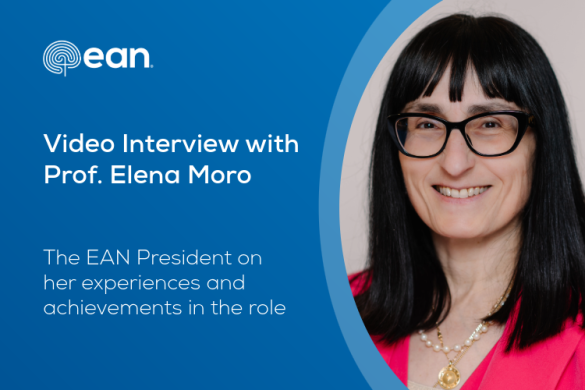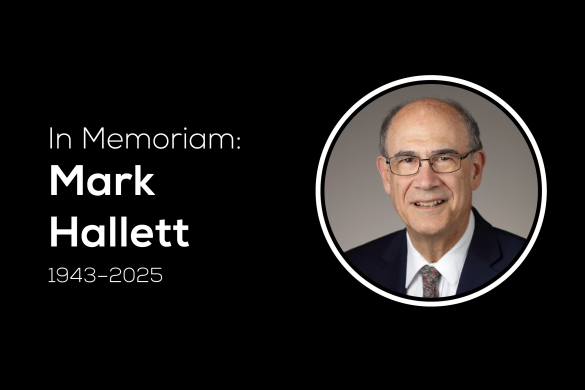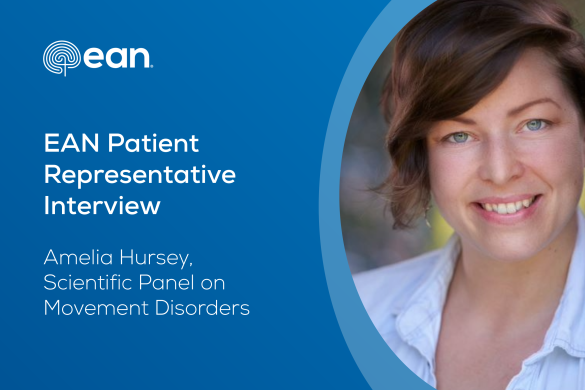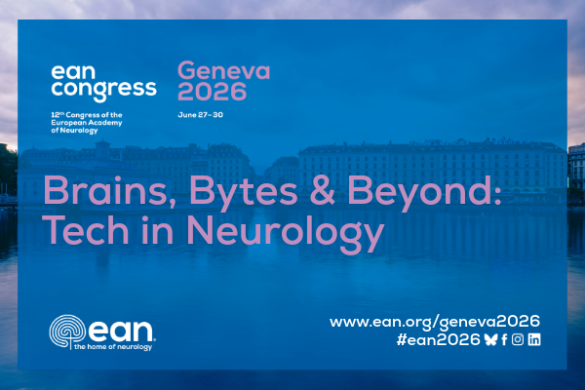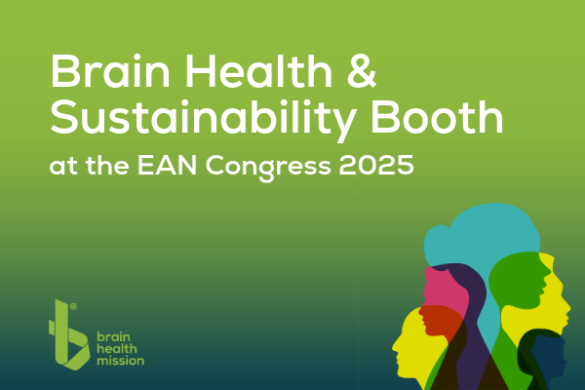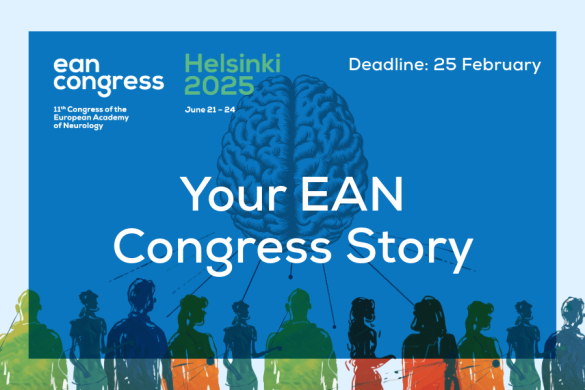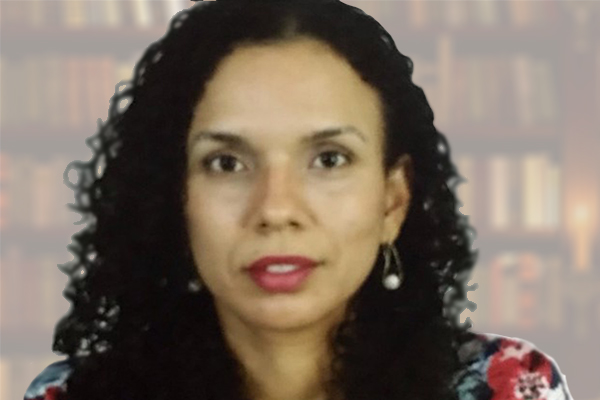
Doctor Albertina Lima, Cape Verde
Cape Verde is an island country, formed by 10 islands, located on the west coast of Africa and with an estimated current population of 500 thousand inhabitants. Health in Cape Verde has improved considerably since its independence in 1975.
Currently, life expectancy at birth is 72 years, infant mortality is around 18 per 1000 live births and the number and variety of health professionals
The Dr. Agostinho Neto Neurology Service was inaugurated on July 16th 2019 aiming at a better organization and provision of health care in the field of neurology at Hospital Dr. Agostinho Neto (HAN). There are three neurologists who provide care at the emergency in- and outpatients department.
1. How has COVID-19 and national measures to control it affected routine and emergency neurology service delivery in your country?
The measures adopted by the Government to mitigate the spread of SARS-CoV-2 in the country conditioned, in part, the provision of neurology care. On one hand people were instructed not to leave the house and, on the other hand, they afraid of getting infected if they attended health facilities.
Fortunately, the Cape Verde Ministry of Health has a very organized National Telemedicine Service and neurology is the specialty that has made the most teleconsultations in recent months, referring patients to face-to-face consultations whenever necessary.
2. How did you adapt to deal with the impact of the pandemic? •
The Neurology Service of Hospital Dr. Agostinho Neto (HAN) has three neurologists who provide emergency care, outpatients and inpatient service care. This staff had to study aspects related to COVID-19 and its implication in addressing neurological cases, in order to better adapt and continue to provide the necessary health care. Thus, the measures for disinfection and environmental decontamination were intensified, a specific commission was created to take care of the safety of users and employees during the pandemic, in addition to measures that would allow users to continue to have access to guidelines and chronic prescriptions. Team spirit was crucial with employees working in a harmonious and engaged manner.
3. Have you seen many patients in whom you suspected of neurological complications from the COVID infection19? What are the most common neurological manifestations of COVID19 in your region / country?
Approximately fifty patients with suspected neurological complications were evaluated by COVID 19. The most frequent neurological manifestations were: headache (40%), myalgia (38%);); encephalopathy (39%); vertigo (20%); dysgeusia (15%); hypoosmia (12%). Stroke, movement disorders, motor and sensory deficits, seizures were uncommon (0.2 to 1.4% of patients each).
4. What are your main concerns for the future in relation to COVID-19?
Our greatest concerns were “non-COVID-19” patients with chronic neurological conditions that need regular monitoring by the National Health Service. At a time when people are subject to various mobility restrictions, – measures must be taken to allow continued surveillance of these patients, especially those with cerebro-cardiovascular disease. Otherwise, it could be a catastrophe.
5. In your opinion, what are the main measures and contingency plans needed to ensure high quality care for people living with neurological diseases during this pandemic? •
Maintain contact with the neurologist via telephone, teleconsultation or other available electronic means whenever necessary. Avoid being without medical assistance.
6. Do you know of any examples of positive innovations that appeared in your service during the pandemic?
With the pandemic of COVID-19, the HAN Neurology Service made more weekly teleconsultations available, enabling greater assistance to neurological patients in all Cape Verde islands.





